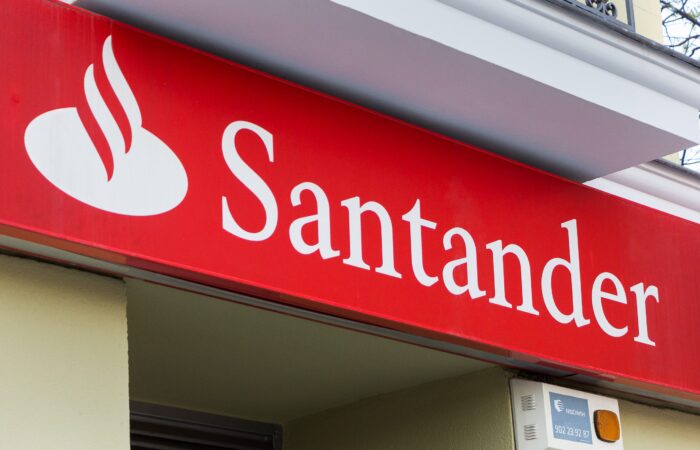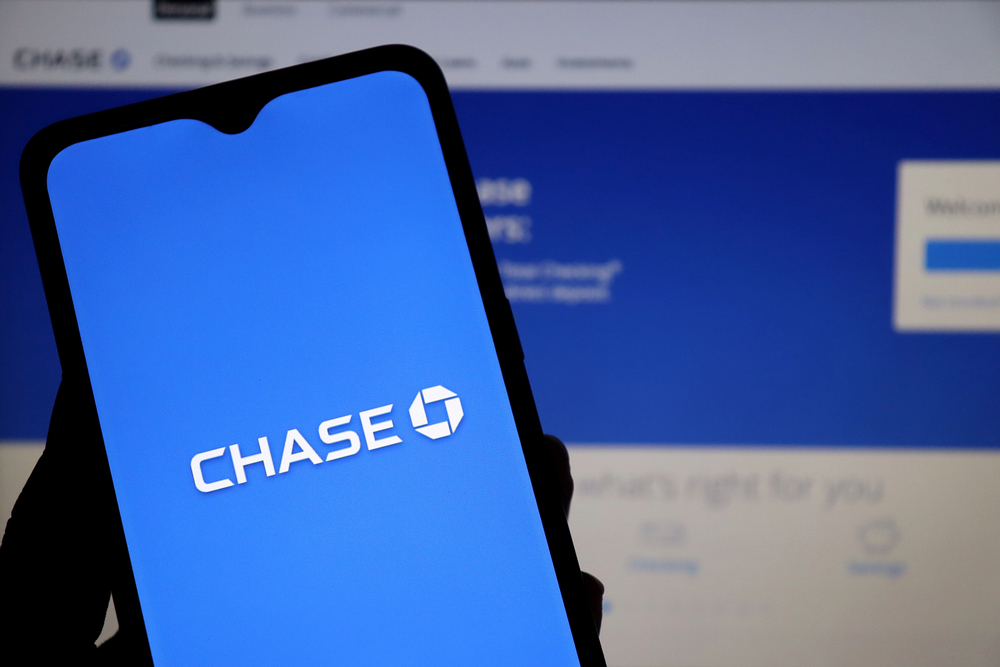
The bank will block customer payments when shopping on Facebook Marketplace unless the customer ticks a box saying they have seen the item they are buying in person.
The move comes as Santander customers have lost nearly £6.5m so far this year to Facebook Marketplace scams, an increase of almost 50% over the past year.
Santander’s Tackling Authorised Push Payment Fraud report found that more than seven in 10 purchase scams originate on social media and this is the latest step from the bank to help customers stay safe while shopping online.
How will Santander’ new fraud protection work?
When making a payment, customers will now be shown a tailored scam warning (pictured below) highlighting the risks of shopping via this platform.

Wellness and wellbeing holidays: Travel insurance is essential for your peace of mind
Out of the pandemic lockdowns, there’s a greater emphasis on wellbeing and wellness, with
Sponsored by Post Office
Customers seeking to make a bank transfer will be asked if they have seen the item in person. Any customer answering no will not have their bank transfer authorised and will instead be advised to make further checks on the item. These checks could include seeing the item in person and using a more secure payment method such as PayPal, or using a debit or credit card.
Any customer who confirms they have seen a photo or video of the item, but have not viewed the item in person, will also be unable to make the bank transfer.
For those who confirm they have seen the item in person, Santander will process the payment but also warn the buyer that their money may be at risk and remind them that payment sites such as PayPal may offer greater protection, as does paying directly by credit or debit card.
Chris Ainsley, head of fraud risk management at Santander, said: “Customers are losing more than ever to the criminals who carry out these scams on Facebook Marketplace and as Christmas approaches we can expect this to increase further. Building on existing measures in place to protect customers, this latest move will prompt our customers to think twice before handing over money to any potential fraudsters.
“Everybody should be vigilant when shopping through any online marketplace and the best thing people can do to protect themselves is to not buy any item they haven’t seen in person, or to use a trusted payment method or a debit or credit card.”
Facebook scams on the up
Santander data covering January 2023 to September 2023, and January 2022 to September 2022, shows that 7,136 customers have fallen victim to Facebook scams this year, up 48% from last year.
This year, nearly six and a half million (£6,465,246) has been reported as lost to Facebook scams, up nearly a third from last year.
People aged 18 to 25 are the most likely to fall victim to Facebook scams, accounting for nearly a fifth (19%) of all cases in 2023. Over 60s are second most likely to fall victim accounting for 13% of all cases, while 26 to 30-year-olds account for 10% of all cases.
Over 60s lost the largest sums of money to scammers, with an average claim made for £2,450 so far this year. Those aged 56 to 60 reported the second largest losses with an average claim for £1,791, while 46 to 50-year-olds were third with an average claim of £1,255.





